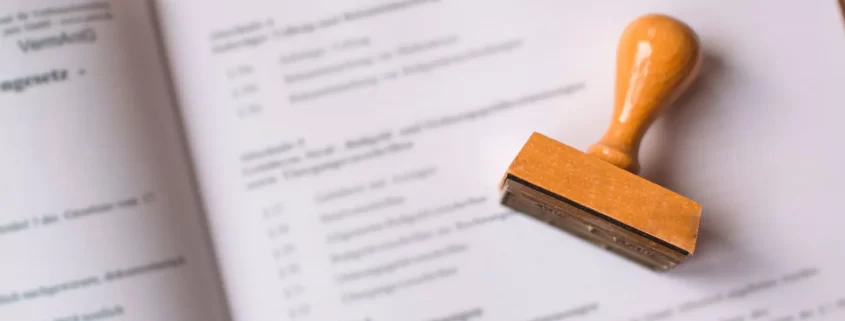Does it have to be Notarized?
We are often asked by clients whether it matters if a certain document is notarized. Under Pennsylvania law it is a very rare circumstance that a document must be notarized. The reason a notary stamps a document is to confirm that the signature is from who it purports to be from. This means that if Bob Smith says that they signed the document, the notary has checked the ID of Bob Smith and confirmed that it is indeed Bob Smith.
Beyond that, a notary stamp does not prove anything about a document. It does not prove whether the document is legally binding, whether it’s valid, whether there are defenses to it, or who is at fault for not upholding the contract that it is on.
Notary stamps are typically strongly recommended on wills because the person who signed it will not be alive when it is testified to. Notary stamps are important on Power of Attorney documents because of how important the powers are that the person is giving away. And, of course, banks and insurance companies often require documents to be notarized before they are mailed in to prove that it really is who is signing it, since they won’t meet the person.
Beyond these situations notary stamps really aren’t required. This is common question that we get. “I signed this document, but it’s not notarized. Does this mean I can get out of it?” The short answer is no, at least not because of the lack of a notary stamp. Now none of this means that getting something notarized is a bad idea, but simply that it does not in and of itself make a document any more binding than it already was.
If you are looking to dispute a document, notarized or otherwise, Cornerstone Law Firm can help. Contact us today for a consultation.


